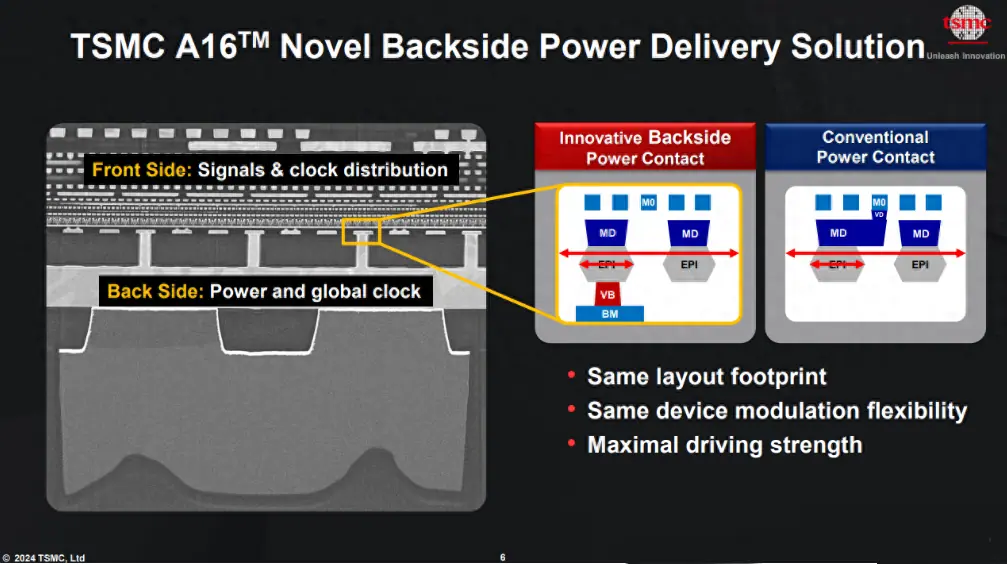Samsung unexpectedly announced a change in its semiconductor business leader. In the AI battle, where Samsung has continuously lagged behind its competitors, the company admitted to making strategic errors early on.
The chip-related business, once the company’s most profitable sector, has recently been consistently defeated by rivals. SK Hynix has become Nvidia’s partner in generative AI storage products, while TSMC continues to erode Samsung’s market share in wafer foundry services.

Amid noticeable lag in HBM development, former leader Kye Kyung-tak emphasized that Samsung is now prepared to ensure such a situation does not recur.
As of Tuesday (21st), Samsung’s stock price has dropped about 2% since the beginning of the year, while SK Hynix’s has risen 35%, Micron’s 57%, and Nvidia’s a staggering 97%.
Samsung stated that this executive position change is a preemptive measure aimed at strengthening the company’s competitiveness in an uncertain global business environment, without providing further details.

According to Samsung employees, this action was unexpected, as high-level personnel changes typically occur at the end of the year.
Under Kye Kyung-tak’s leadership, Samsung’s biggest setback was in HBM. Although Samsung is the world’s largest memory product manufacturer by revenue, it has noticeably lagged behind its competitors in the HBM field. In contrast, SK Hynix bet early on HBM becoming a breakthrough product and actively pushed for development in this area.
In the wafer foundry sector, despite Samsung’s increased investment, its global market share continues to decline.
As early as 2019, Samsung planned to invest about $116 billion in chip design and foundry businesses by 2030 to expand its strong memory product line.
Since then, Samsung has repeatedly pledged additional investments.
Last year, Kye Kyung-tak boldly claimed that Samsung’s foundry business would surpass TSMC within five years.

Now, it appears that not only has Samsung failed to make progress, but its position in the foundry business has also declined, with limited growth in customer orders.
It is estimated that TSMC’s global foundry market share has risen from 50% in 2019 to 59% in 2023, while Samsung’s has dropped from 18% to 12% over the same period.
In addition to TSMC, Samsung also faces challenges from Intel’s re-entry into the foundry sector. CEO Pat Gelsinger has stated that Intel is expected to become the world’s second-largest foundry by 2030.
Related:
- Samsung Faces Setback, S25 Opts for Micron LPDDR5X
- Samsung DRAM Redesign Aims for Higher Yields by 2025 Q2
- Next-Gen Samsung HBM May Adopt Fluxless Technology

Disclaimer: This article is created by the original author. The content of the article represents their personal opinions. Our reposting is for sharing and discussion purposes only and does not imply our endorsement or agreement. If you have any objections, please contact us through the provided channels.



